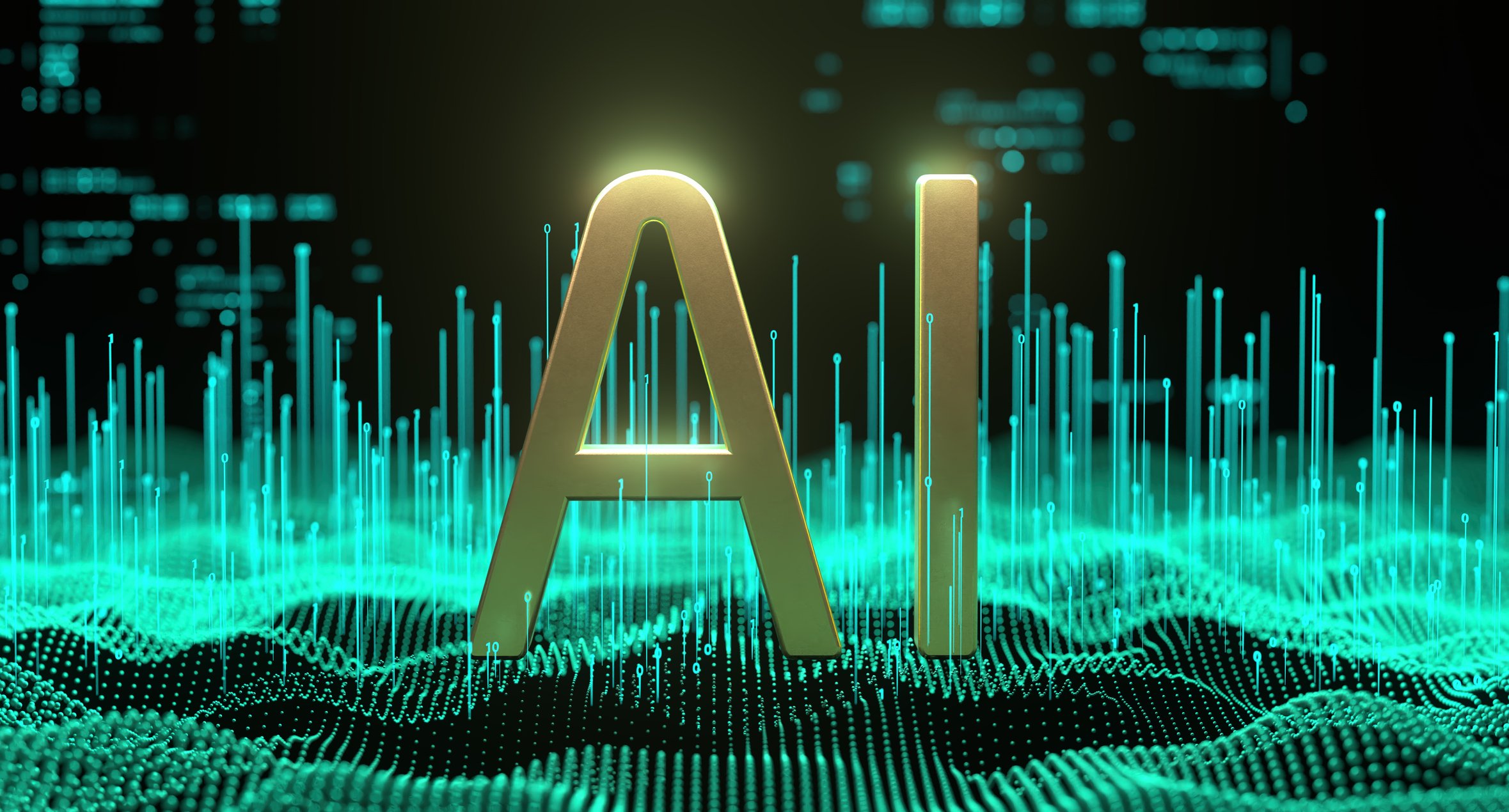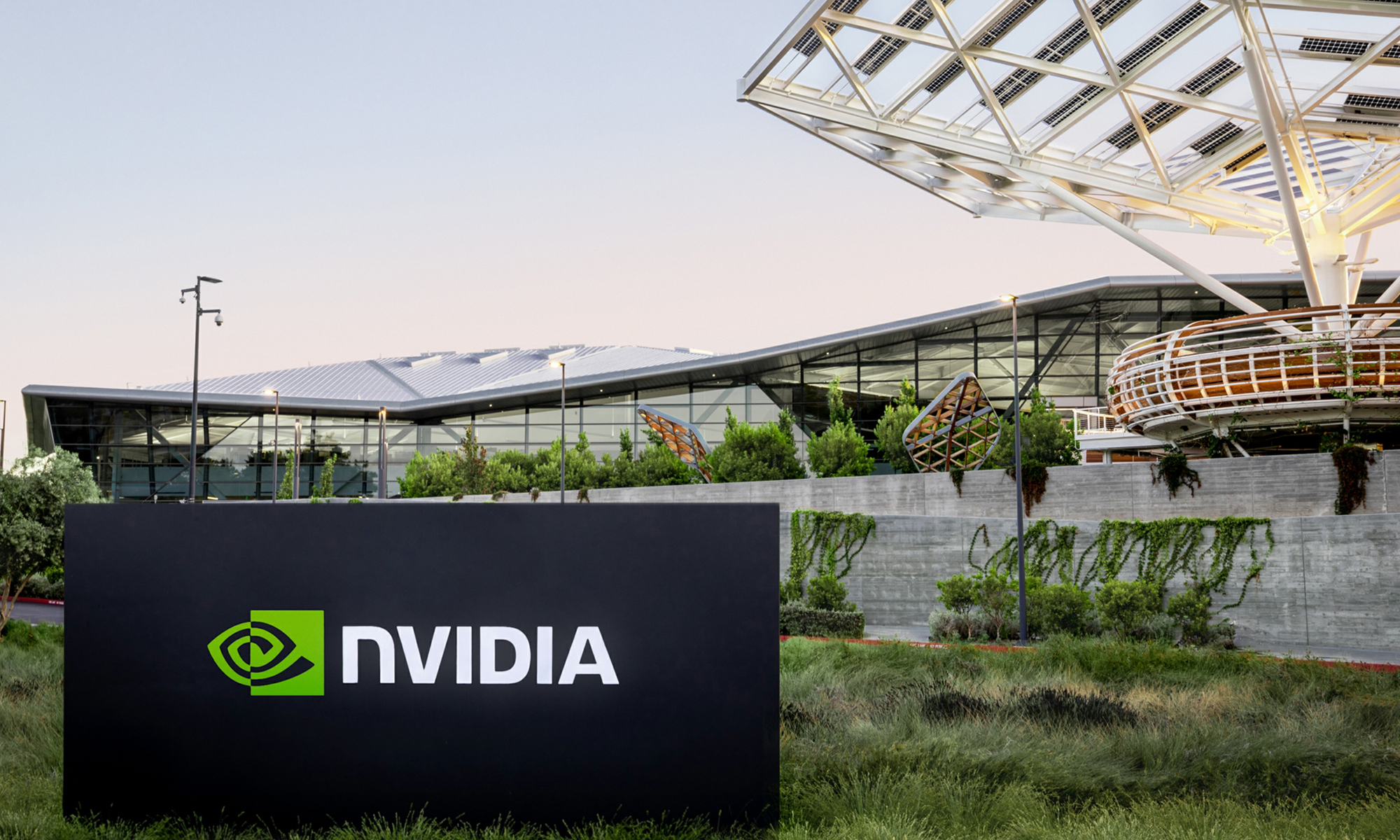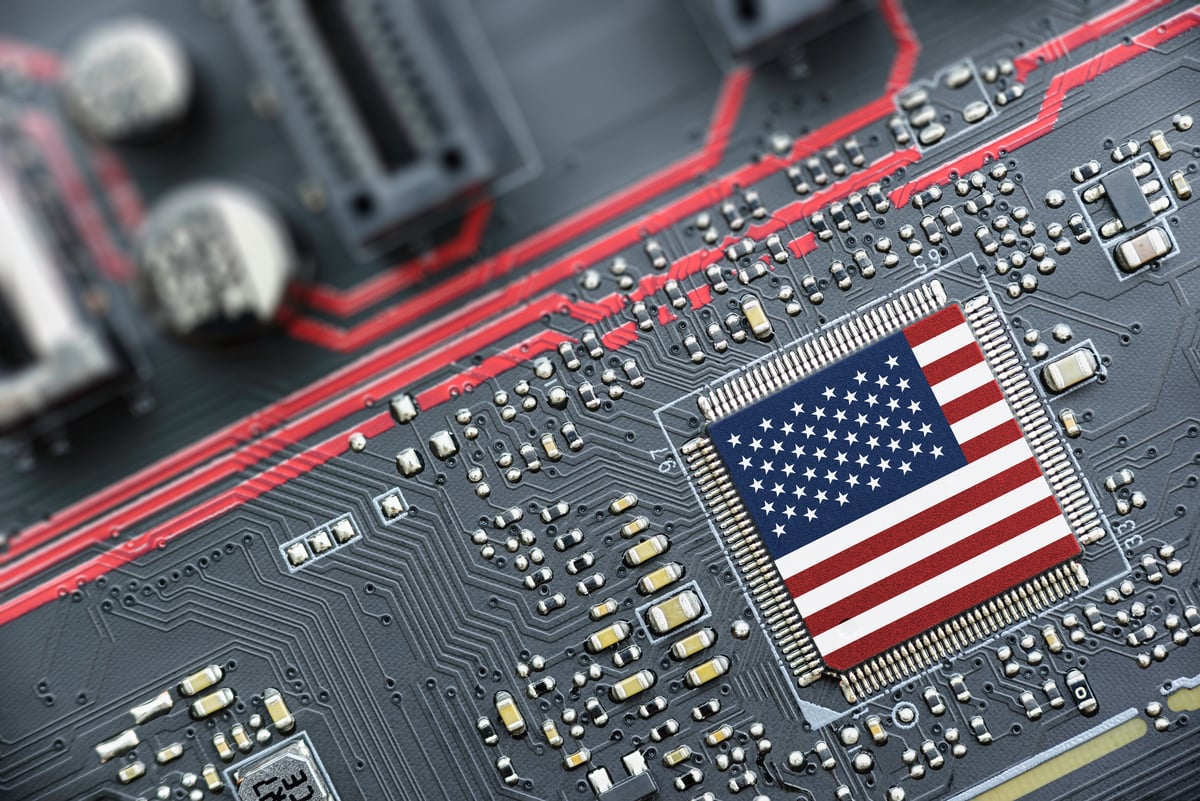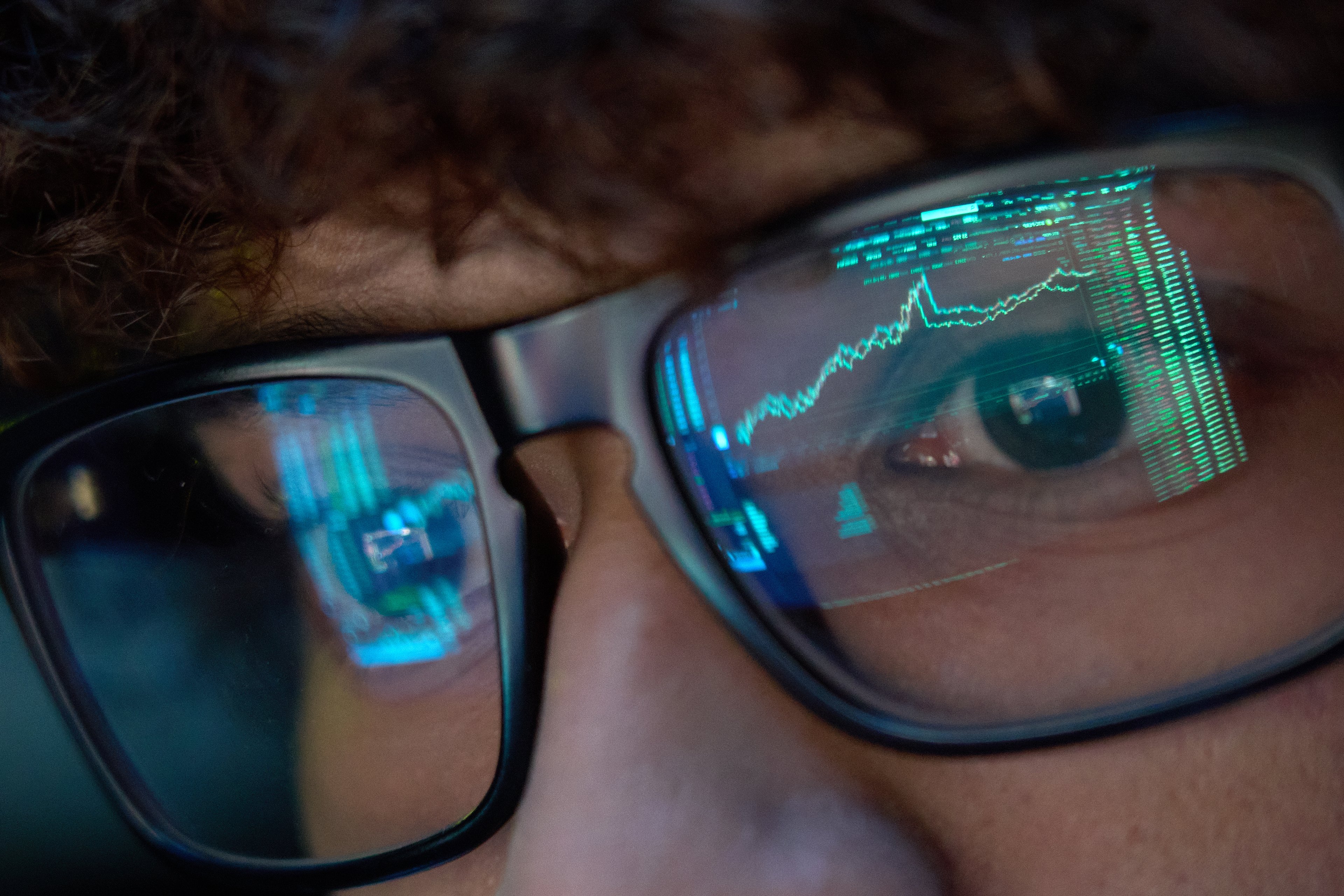Workplace culture doesn't get a lot of attention among stock market investors, but it's among the biggest determinants of success, and it's one of the most important jobs of a CEO.
Cultural values at a company don't show up on the bottom line or in financial statements, but they make a very real difference in a company's performance. Happy employees reach or exceed their potential, compared to unhappy ones, who languish and breed toxicity. They also act as ambassadors for the company, effectively recruiting future employees by telling people that their company is a great place to work.
Satisfied employees also lead to lower turnover, which saves companies money on recruiting and training and helps maintain the culture, creating a shared corporate memory. Similarly, teams that work well together come up with better ideas, do better work, and finish projects faster, and the building blocks of any company are ultimately a group of people and their ideas.

Image source: Nvidia.
Nvidia's secret strength
Nvidia (NVDA +1.87%) has been the belle of the artificial intelligence (AI) ball thus far. Its revenue and profits skyrocketed over the last year as its AI components have been in high demand. Competitors, meanwhile, have yet to introduce a product that can match Nvidia's AI accelerators and run the massive models used to train AI programs like ChatGPT.
For followers of the company, it might not come as a surprise then that Nvidia's culture is just as strong as its business.

NASDAQ: NVDA
Key Data Points
The AI stock was just named the No. 2 place to work by Glassdoor, the employment review website, with a rating of 4.7 out of 5 stars. Only Bain & Company, a consulting firm, ranked higher.
Not only does Nvidia rank second-highest of any company on Glassdoor, but 94% of respondents said that they would recommend the company to a friend, and a whopping 98% of the survey participants said they approve of the CEO, Jensen Huang. Nvidia isn't a stranger to the list of top places to work -- this is the fourth year that the company has been ranked in the top five.
Some of those high ratings might reflect the company's recent success as Nvidia employees are among the biggest beneficiaries of the stock's meteoric surge and a number of them mentioned restricted stock units in their posts, but there's more to the culture than just success and high compensation.
How Nvidia's culture separates it from the competition
Many of Nvidia's employees comment on its flat hierarchical structure and its team-oriented business structure.
The company itself says on its website:
There's only one team at Nvidia. That means no politics, no hierarchy. Reporting lines exist, but teams form around projects based on the skills that are required.
According to reviewers on sites like Blind, Nvidia's approach is a significant contrast with rival Intel, the legacy chipmaker that is expected to challenge Nvidia in AI.
One commenter confirmed Nvidia's cultural objective above, saying there was "less hierarchy and way less politics" at Nvidia compared to Intel. They also described groups "actively trying to kill other groups' proposals" and called it a "very toxic environment." Others said the work-life balance was better at Nvidia. Morale also seems to be significantly at higher at Nvidia, though it's worth noting that Intel's ratings on Glassdoor were still generally high, at 4.1 stars.

Image source: Getty Images.
Success breeds success
Internally, the biggest risk at a company like Nvidia that has had so much success is that employees can get complacent. Microsoft, for example, developed a reputation for having something of a country club culture in the early 2000s.
However, Nvidia seems unlikely to fall into that trap as the company just announced a slew of new chips and partnerships at the CES trade show last week, delighting Wall Street and sending the stock soaring on the news.
While competition should eventually narrow the performance gap and fill the shortages we've seen for AI components, the AI crown is Nvidia's to lose, and it's unlikely to loosen its grip soon.
Its winning culture is a big reason why.





